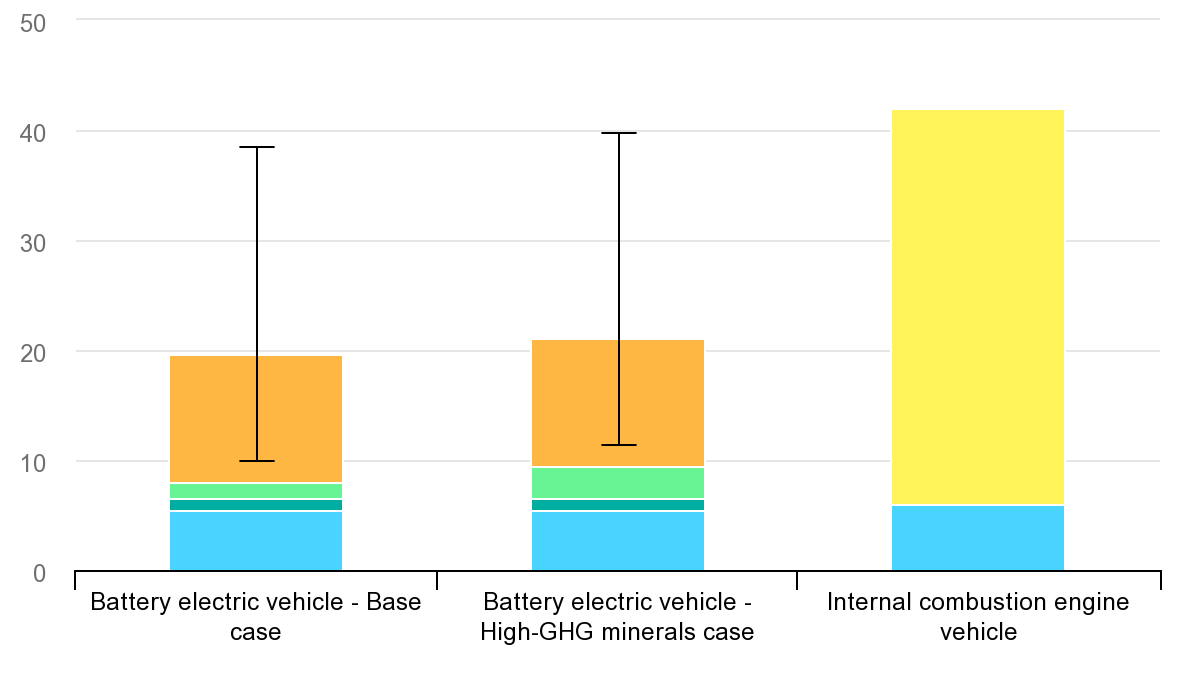I'm a little disappointed this article doesn't seem to acknowledge that what's really better for the environment is not buying a car at all. Not only do we need greener cars, we need less cars overall.
Ebikes, public transit, walkable cities are all way more environmentally friendly than buying any type of car.
